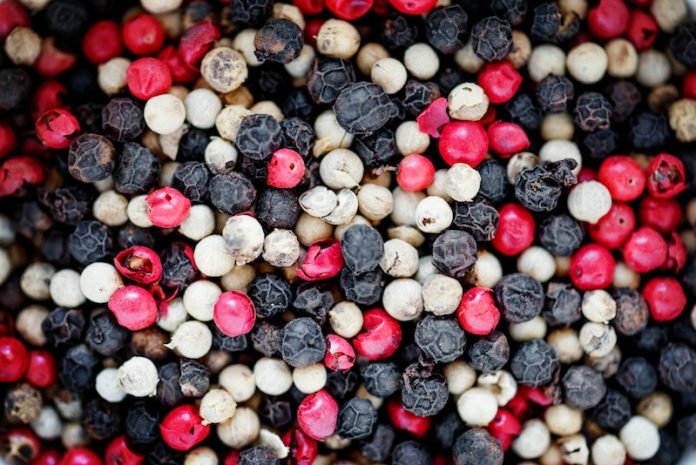
Inflammation is like your body’s way of protecting itself when you get hurt or sick. It jumps in to heal injuries or fight off things like viruses and bacteria.
But sometimes, inflammation sticks around too long, and instead of helping, it can cause problems. Long-term inflammation is linked to health issues like arthritis, diabetes, and heart disease.
Many people manage inflammation with medicines and changes to their lifestyle, but there’s also growing interest in using natural supplements. These supplements can be a great addition to managing inflammation and improving health when used correctly.
One popular supplement is turmeric, which contains a powerful compound called curcumin. This bright yellow spice, often used in Indian cooking, has been known for its strong anti-inflammatory effects.
Research has shown that curcumin helps reduce inflammation in conditions like arthritis and diabetes. However, there’s a catch—curcumin doesn’t get absorbed easily by the body.
But when combined with black pepper, which contains a compound called piperine, the body absorbs it much better, making turmeric even more effective.
Another helpful supplement is omega-3 fatty acids, which are found in fish oil and flaxseed oil. These fats are known for their ability to fight inflammation.
Studies show that omega-3s can reduce the production of substances that promote inflammation, such as eicosanoids and cytokines.
Taking omega-3 supplements regularly can help with arthritis symptoms, improve heart health, and protect against diseases related to inflammation.
Ginger is another well-known natural remedy with anti-inflammatory properties. Besides adding flavor to meals, ginger can block certain compounds that cause inflammation and also acts as an antioxidant.
People often take ginger supplements to help with issues like digestive problems and arthritis.
Green tea extract is rich in antioxidants that can reduce inflammation. One of its key components, EGCG (epigallocatechin-3-gallate), has been shown to lower inflammation markers and protect cells from damage.
Green tea extract is a popular supplement for reducing inflammation and promoting overall health.
Resveratrol, found in red wine, grapes, and berries, is another anti-inflammatory powerhouse. Research has shown that resveratrol can reduce inflammation in people with conditions like heart disease, insulin resistance, and gastritis.
Its antioxidant properties make it a popular choice for those looking to protect their health.
Zinc is an essential mineral that plays an important role in the immune system and in managing inflammation. Getting enough zinc is linked to lower levels of inflammation and stress in the body.
Many people take zinc supplements to support wound healing, boost immunity, and reduce inflammation.
Vitamin D is also essential for controlling inflammation. Not getting enough vitamin D has been linked to higher inflammation levels and a greater risk of inflammatory diseases.
Taking vitamin D supplements can help lower inflammation by adjusting how the immune system responds to threats.
Another supplement that’s gaining attention is spirulina, a type of blue-green algae. Spirulina has been shown to reduce the production of inflammatory markers and can offer relief for conditions like allergic rhinitis.
Its anti-inflammatory effects make it an appealing option for those seeking natural ways to manage inflammation.
While these supplements offer a natural approach to reducing inflammation and improving health, it’s important to consult a healthcare provider before starting any new supplements.
This is especially crucial if you have existing health conditions or take medications, as some supplements can interact with them.
With the right guidance, adding these natural supplements to your diet can be a simple, effective way to manage inflammation and support a healthier lifestyle.
If you care about health, please read studies that vitamin D can help reduce inflammation, and vitamin K could lower your heart disease risk by a third.
For more health information, please see recent studies about new way to halt excessive inflammation, and results showing foods that could cause inflammation.
Copyright © 2024 Knowridge Science Report. All rights reserved.



